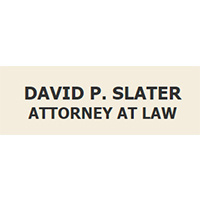Bryant Collection Lawyer, Florida
Sponsored Law Firm
-
 x
x

Click For More Info:
-
Hoffman Larin & Agnetti, P.A.
909 N Miami Beach Blvd Suite 201 Miami, FL 33162» view mapBankruptcy and Debt Experience and Results Matter
Hoffman, Larin & Agnetti have offices in South Florida. We have a long list of satisfied, well-represented clients since our firm opened in 1975.
800-893-4280
David Philip Slater
✓ VERIFIEDReal Estate, Litigation, Collection, Wills & Probate
David P. Slater has over 30 years of litigation and general practice experience and handles all accident cases from investigation through trial, inclu... (more)
FREE CONSULTATION
CONTACTAldo Beltrano
Corporate, Business Organization, Administrative Law, Collection
Status: In Good Standing Licensed: 29 Years
Karen P. Mentor, Esq
Family Law, Collection, Banking & Finance, Corporate
Status: In Good Standing Licensed: 21 Years
Angelique Amanda Jackson
Contract, Collection, Bankruptcy & Debt, Accident & Injury
Status: In Good Standing Licensed: 14 Years
Joel B. Blumberg
International, Bad Faith Insurance, Business Organization, Collection
Status: In Good Standing Licensed: 37 Years
Robert Cordel Gindel
Civil Rights, Credit & Debt, Bankruptcy, Collection
Status: In Good Standing Licensed: 24 Years
Steven Benjamin Grant
Trusts, Estate Planning, Collection, Personal Injury
Status: In Good Standing Licensed: 14 Years
 Martin Hoffman Miami, FL
Martin Hoffman Miami, FL

